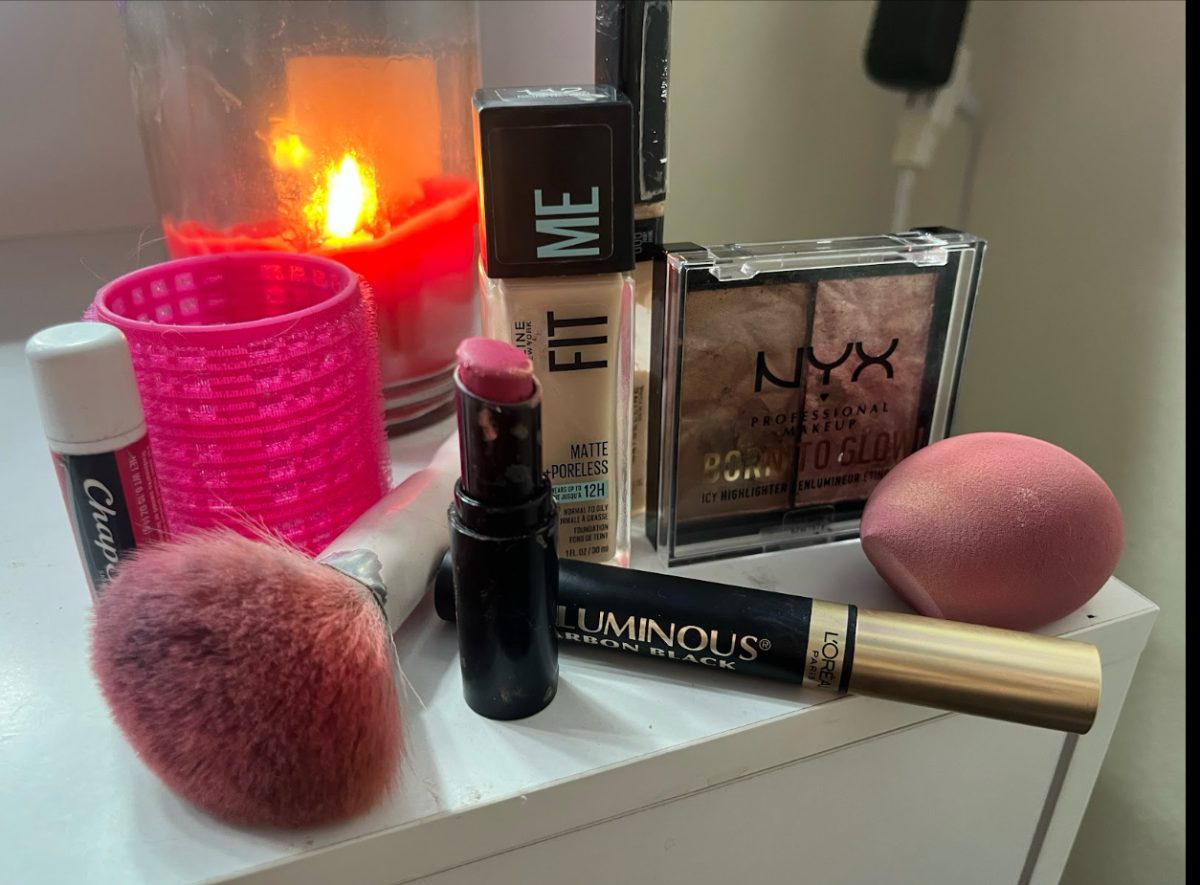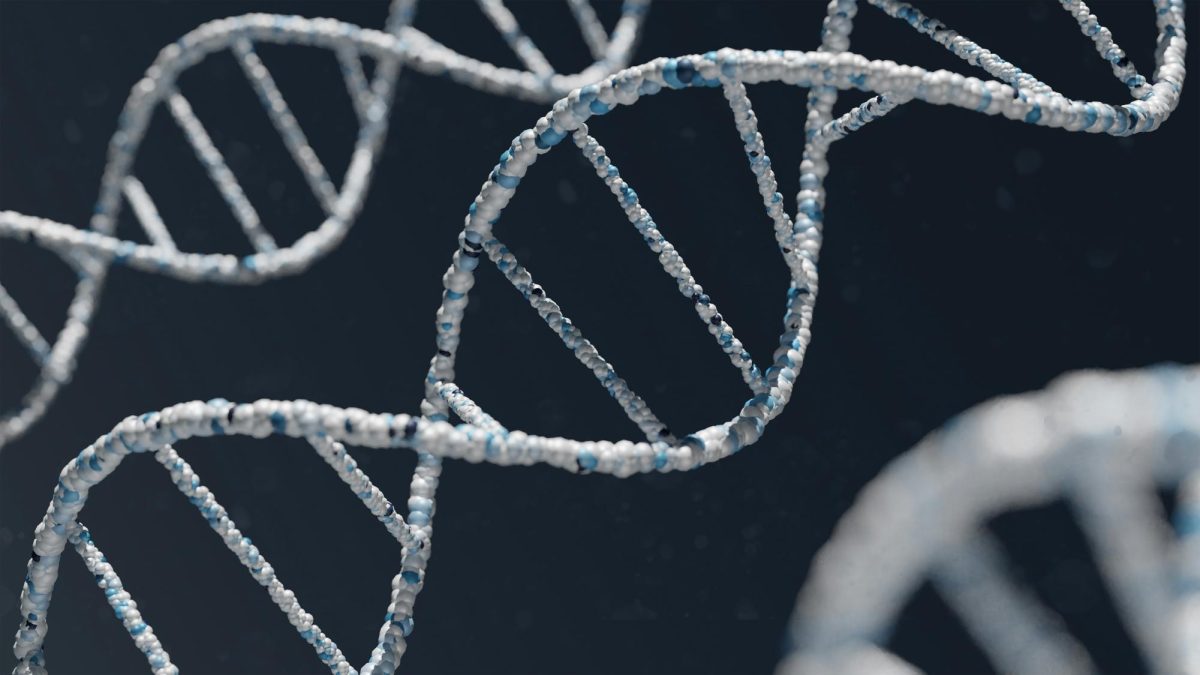Holistic medicine is an attitudinal approach to health care. Diet, psychotherapy, exercise, and counseling are all possible approaches to holistic treatment, allowing patients a natural way of healing. Holistic therapy focuses on finding and eliminating the root cause of the injury as opposed to spending time and money to repeatedly treat the same thing.
According to the National Institutes of Health, 40 percent of U.S. adults use complementary and alternative medicine. Yoga, meditation, herbal medicines, tea, and essential oils are different treatments that can heal aches, pains, and other physical conditions. Not only are physical ailments treatable with holistic medicine, but emotional and mental ailments are, too.
Cleveland Clinic said, “Holistic doctors treat people with a whole-body approach.” Doctors take into consideration lifestyle, sleep habits, and stress levels to help patients assess their needs and grow healthier. Apothecaries are medical specialists that prepare and sell medicine and medicinal drugs. They also sell their medicine to doctors, physicians, surgeons, and patients.
Katherine Takayasu, M.D., M.B.A. and Assistant Professor of Clinical Medicine at Columbia University and New York Presbyterian thinks everyone needs an integrated medicine doctor. She says that patients who have chronic pain, depression, anxiety, fertility issues, or want to know more about their general health should come to their “friendly integrated medicine doctor.”
Tina Singh, a new patient of her local naturopathic doctor said, “I think it’s going to be a good idea for me, I was happy after my first visit.” Lucy Fink, with Refinery29, said that she enjoyed getting to experience different kinds of natural healing.
Holistic medicine doesn’t just focus on the body though, it can also focus on the skin and dermatological. Hannah Kerns, with Byrdie, wrote, ”[Holistic Dermatology] isn’t punishing or overly medicinal like other treatment plans I’ve gone through in the past.”



















